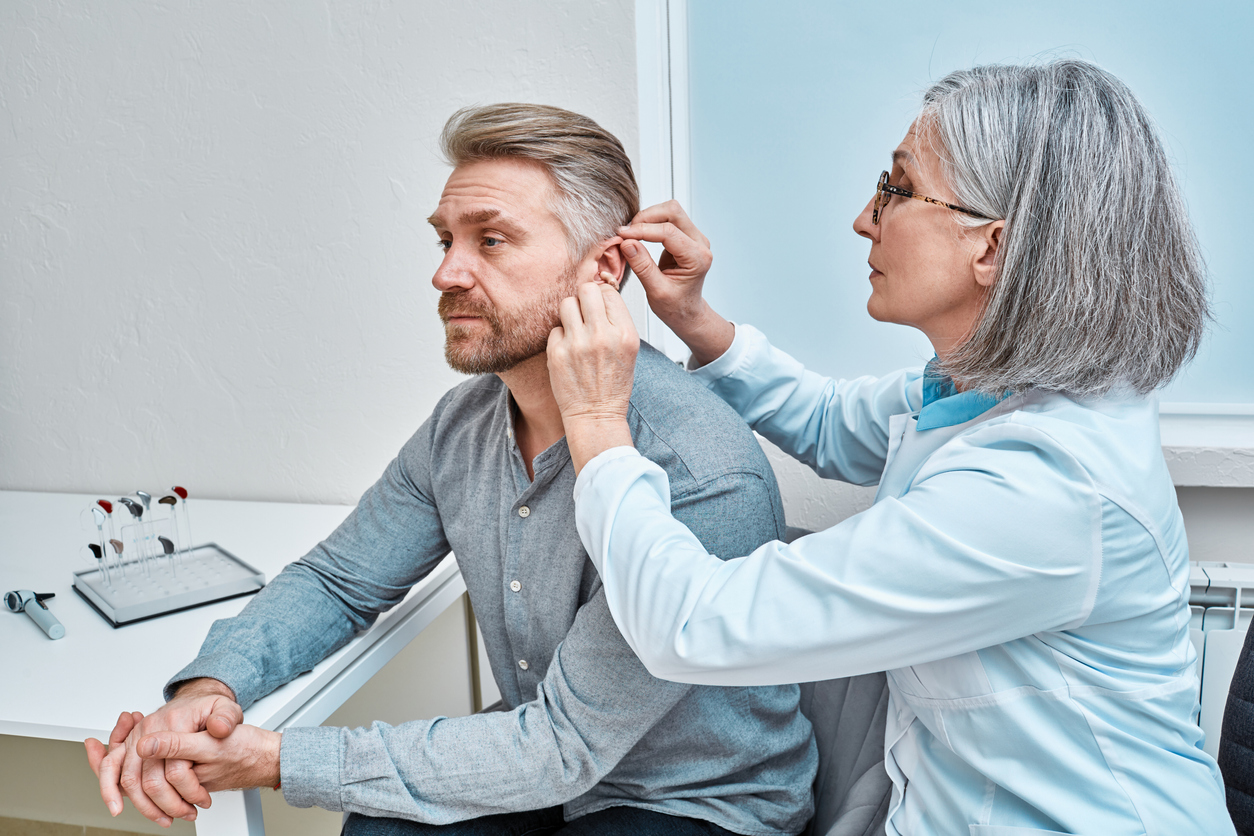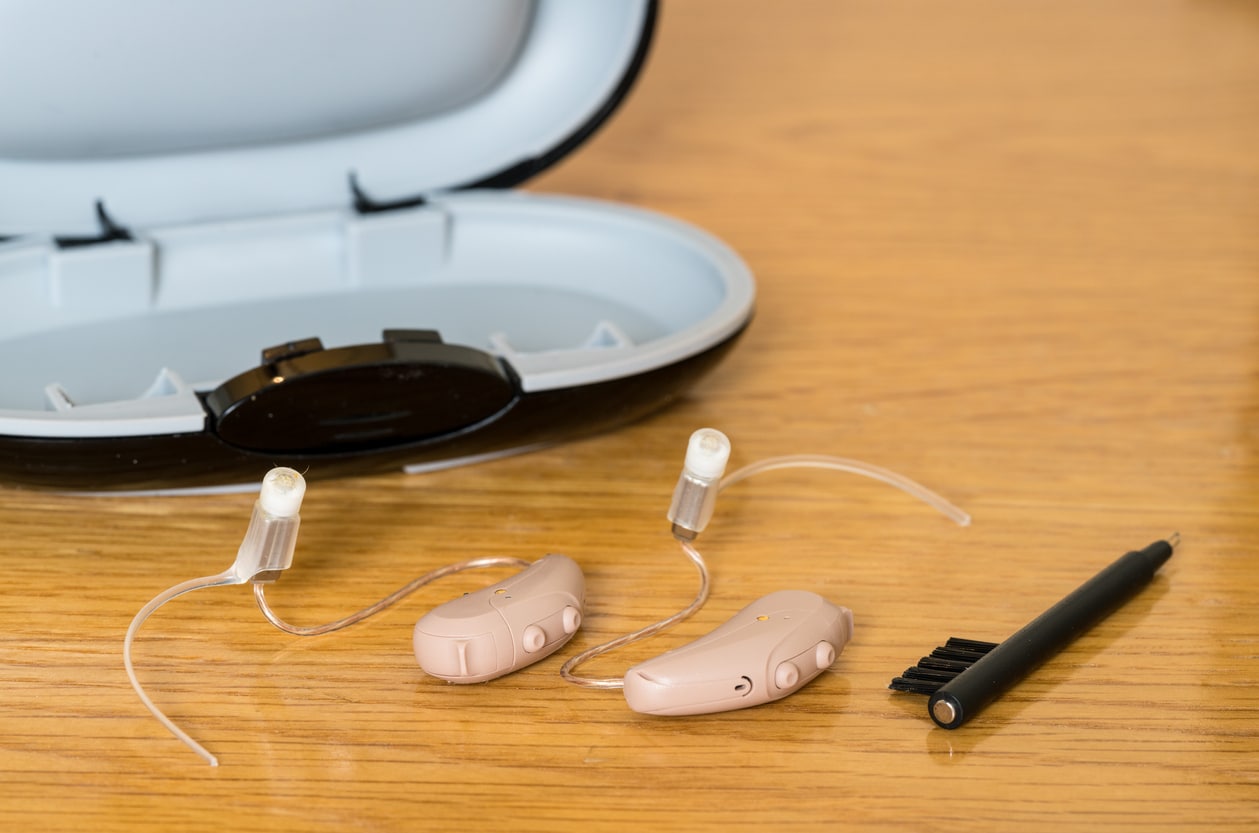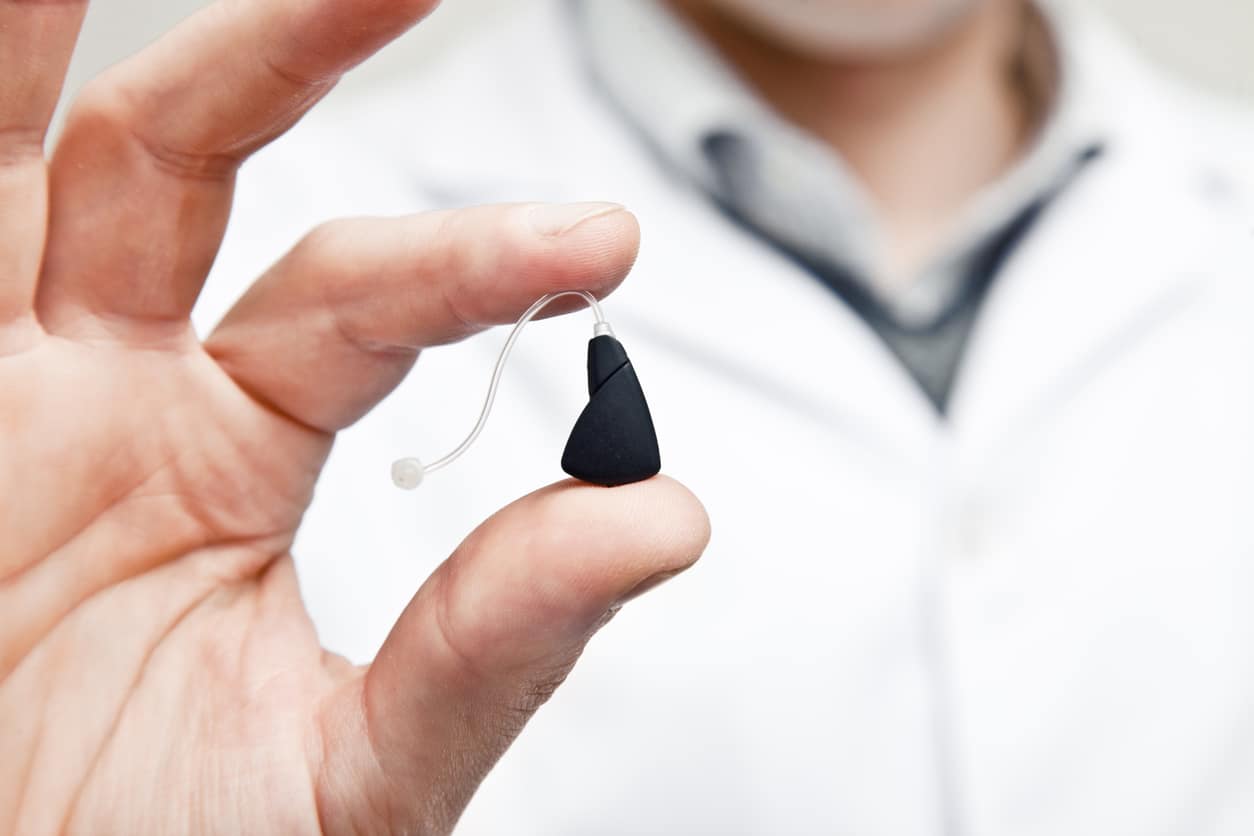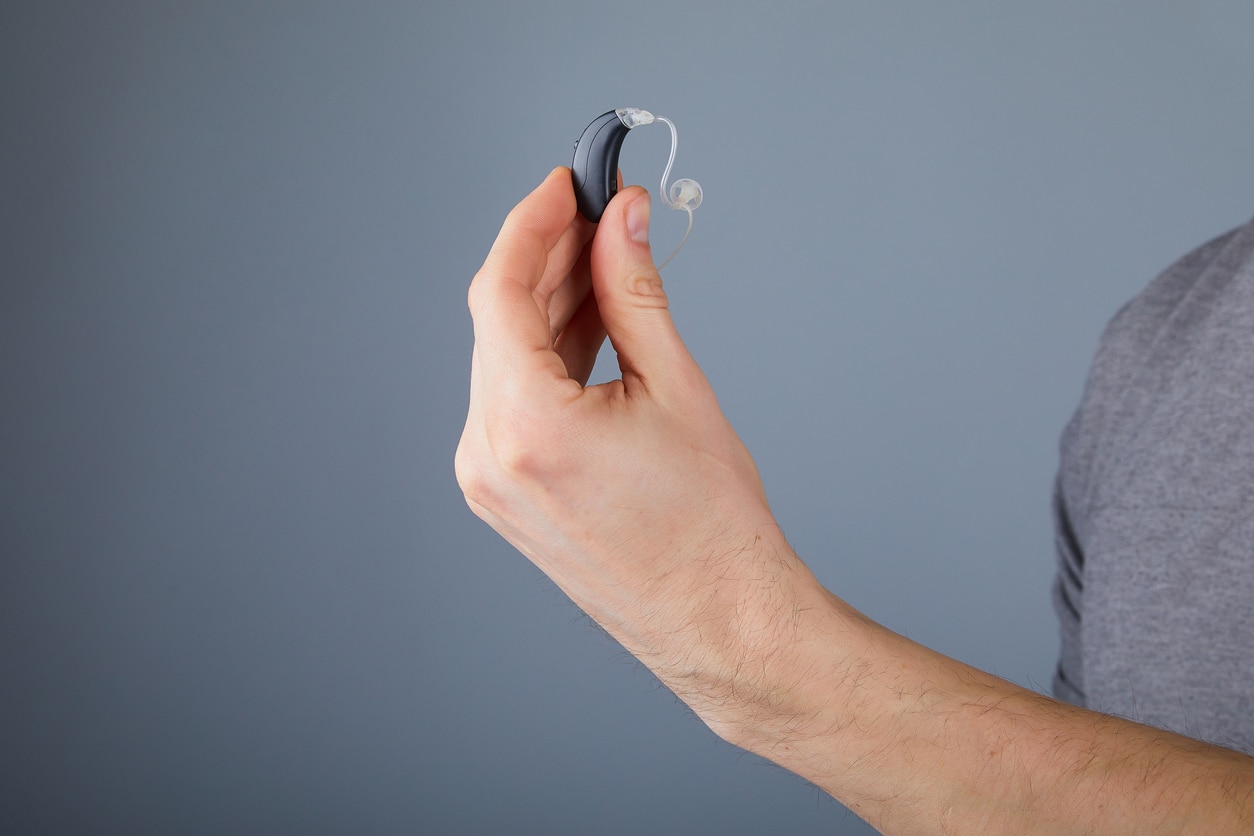-
What You Need to Know About the Different Types of Hearing Loss
Any time sound information is prevented from reaching the brain due to damage, blockage, or other dysfunction of the ear, hearing loss results. Hearing loss is classified into three types: conductive, sensorineural and mixed. The…
-
Hearing Aid Check-In for the New Year
Your hearing aids are incredible pieces of technology that enhance communication, revitalize your social connections and boost your confidence. Without proper maintenance, however, they won’t serve your hearing loss needs as well as they could.…
-
Can You Wear Hearing Aids in the Rain?
As winter approaches and Santa Barbara gets more rain, you may be wondering if it’s okay to wear your hearing aids outside on rainy days. Like many electronic devices, hearing aids are susceptible to water…
-
Wind, Cycling and Driving with Hearing Aids
If you’re a hearing aid user and have gone cycling, driven with the windows rolled down or been out for a walk on a particularly windy day, you probably experienced wind noise in your hearing…
-
Tips for Starting College with Hearing Aids
Heading off to college is incredibly exciting! You’re getting dorm room decorations, picking your classes for the semester and adding your roommate on Facebook. And, like any major life change, there are lots of unknowns…
-
How to Properly Clean and Maintain Your Hearing Aids
Hearing aids are life-changing devices for those with hearing loss and could benefit nearly 28.8 million Americans. They amplify sounds and reconnect people with loved ones. Just like any piece of technology that’s used daily,…
-
AI and Hearing Aids: Hearing in Different Sound Environments
Advances in artificial intelligence, or AI, are developing rapidly and quickly becoming a more prominent part of our daily lives. Not only is AI present on our phones and in our homes, but it is…
-
Tips for Maintaining Your Hearing Aid: Cleaning and Servicing
Approximately 28.8 million U.S. adults could benefit from hearing aids. These tiny devices collect and amplify speech and important sounds to help you connect with the world. In order to get the most out of…
-
How Hearing Loss Can Isolate You & Make You Lonely
Loneliness and isolation can impact mental well-being. For those living with hearing loss, this impact may be especially profound. The Effects of Loneliness and Social Isolation A recent study from 2021 found that roughly 36%…
-
Facts About Seniors & Hearing Loss
Hearing loss caused by advanced age, known as presbycusis, is the most common form of hearing loss. In fact, according to an article published in the National Library of Medicine, “[Hearing loss] is estimated to…









